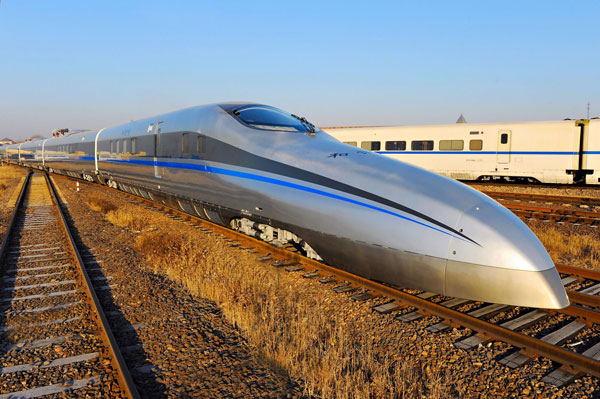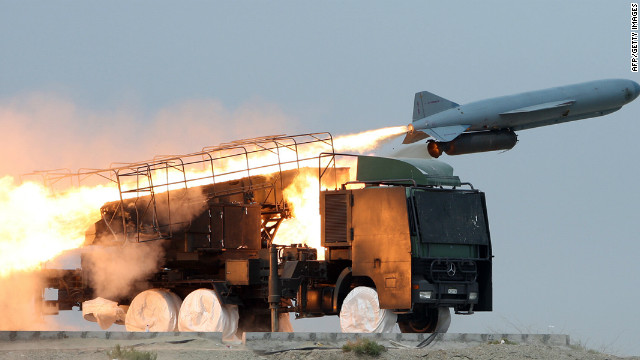The difference, I think, is mainly that centrally planned* economies can FOCUS their innovation efforts better than free market like democracies can.
They can certainly pour a lot of resources in, but that isn't necessarily "better." You have to assume that the central planners are infinitely wise and can see the future, and so manage to allocate resources more effectively than the free market. This is essentially never the case over any time scale, or across any large set of sectors.
Also, historically they do produce better educated masses in the fields needed (math & sciences) for innovation than democracies do.
Fields like business, management and law are all crucial to innovation, in the sense of business innovation contributing to GDP growth relevant here. It doesn't matter how good your math and science skills are, if the corresponding business, management and law culture is risk-averse and not oriented towards producing and leveraging innovation. Which is the norm in authoritarian systems, since political connections are crucial to business success, and so rent-seeking abounds and risk-taking declines. The legal regime fails to protect intellectual property (huge disincentive to innovate) so that connected local firms can profit by stealing foreign innovations. In the meantime, many of your best and brightest engineers and scientists go abroad for challenging, innovative work (supposing they didn't go abroad to get their educations in the first place), or work at local R&D centers for foreign corporations.
This too is a result of their control / focus - You will look long and hard to find "music appreciation" courses in Russian or Chinese universities, but almost all US universities have or something like it offered.
And, probably unsurprisingly, Russian and Chinese firms are nowhere to be found in the list of innovations in music coding and processing. Well, there's a few Chinese firms, but they're very minor players.
Thus it was the USSR, not the US, that put the first Earth orbiting satellite up, made great advances in their army's guns (AK-47) as contrasted with the often jamming and heavier M-1, etc. and the US which made more advances in consumer products, like DVDs, microwave ovens, etc.
Note that the USA ended up with an armed forces and space program that is far, far technologically superior to that of the USSR/Russia, in the long run. As well as superior consumer products, etc.
Nazi Germany and Imperial Japan would probably be better counterexamples, since they were both notably innovative (indeed, the early space race was more of a competition to acquire and exploit German aerospace technology and personnel, then a real contest of internal innovation).
Even what you say about China is not true. For example:In workaholics field, cell phones China offers a huge variety
Except very few of the innovations in those phones originated in China. Japan and Korea likewise have stupefyingly diverse smartphone offerings, so this is something of a reflection of the Asian consumer market in general. You seem to have missed workaholic's key observation that his employer produces turn-key solutions - when one of those Chinese firms wants to market a smarphone with whatever features, they don't sit down and invent it. They call up a company like workaholic's employer and ask them to do it for them.
Innovation comes from good science and math education, more than from profit motives, especially now that the profits go to the employing corporation, not the inventor.
You need all the components - absent a profit motive, there's no incentive for the corporation to invest in innovation. If they can make more money for less expenditure by just sitting on their current products and using political connections to squash competition, that's exactly what they'll do. The mathematicians and scientists will go where people pay them. And if that's a Western company (or a local branch of a Western company), then that's where the profits will go as well.
You might want to consider this recent (published less than three days ago) NYTimes article, called:
"Power in Numbers: China Aims for High-Tech Primacy"
From that article:
But China’s efforts at dominance are hardly without obstacles. The country has fallen far short on a decade-long commitment to build the world’s leading semiconductor industry, and it still imports a vast majority of microchips for the products it assembles. Its best chip factories are two to three generations behind world leaders like Intel, in the United States, and T.S.M.C., in Taiwan.
China’s great weakness may prove to be too much government control. Chinese innovation may also be limited by the relative lack of intellectual property protection, discouraging entrepreneurs from breaking new ground.
The 13th International Conference on Ubiquitous Computing, in Beijing in September, left American technology experts underwhelmed.
“There was nothing that really leaped out at me,” said John Seeley Brown, who directed the Xerox Palo Alto Research Center in the 1980s, when the concept was invented.
In contrast, he said, he observed true innovation at companies like Foxconn, the Taiwanese manufacturing firm with extensive operations in mainland China that has done much of Apple’s assembly work.
I don't disagree that China's leaders like to make bold pronouncements about taking over valuable sectors. Actually doing it, especially when such would require big changes to the political status quo, is a different matter.
Which in one of the areas it discusses states:
"... China already has almost twice the number of Internet users as in the United States, "
Considering that China has almost
five times the number of people as in the United States, that is maybe not so impressive. We're left with the conclusion that Americans are more than twice as likely to use the internet, as are Chinese.
and Dr. Wu, a computer scientist and director of the Chinese Educational and Research Network, points out that his nation is moving more quickly than any other in the world to deploy the new protocol. [IPv6]
That's great that they're deploying IPv6 - but that's not innovation. China was a non-entity in the actual invention and creation of IPv6. It was all done by Western corporations and institutions. China is purchasing foreign innovations here, not creating its own.
And the reason that China is in a position to rush ahead with IPv6 deployment is exactly that they don't have as much existing infrastructure as others do - internet penetration (users per capita) is at or above 80% in Western countries, but is in the low 30's in China. China pretty much has to go on a headlong deployment rush, since they have like a billion citizens with no Internet. Coming to the game late does carry the compensation that you get to start with the latest generation of stuff, but I'd hardly hold it up as evidence of technology leadership.







